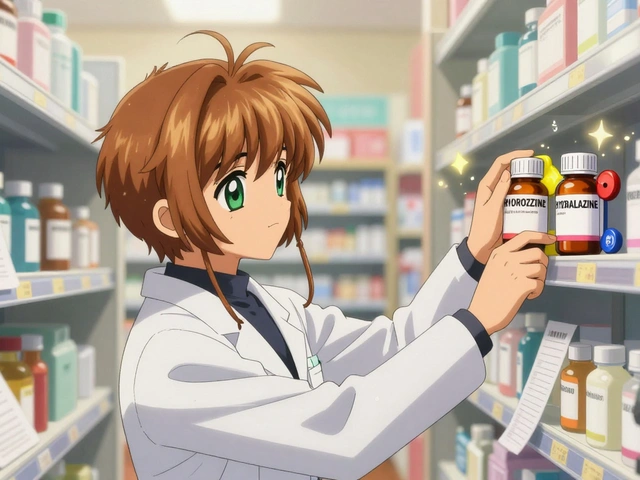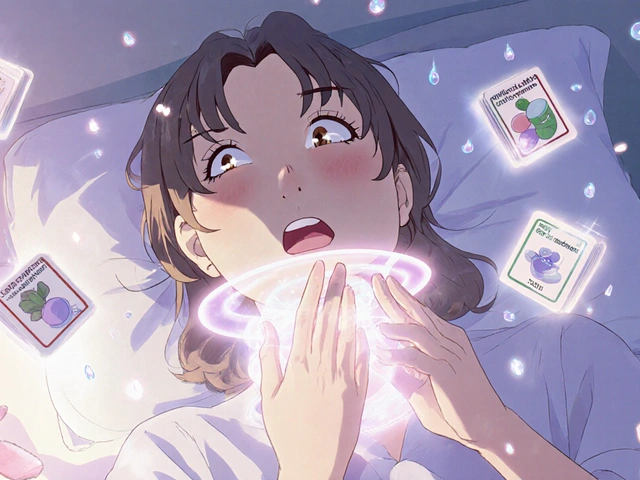OCD Treatment Options – What Really Works
If you or someone you know struggles with obsessive‑compulsive disorder, you’ve probably wondered what actually helps. The good news is that real, evidence‑based treatments exist, and you don’t need a PhD to understand them. Below you’ll find the most common medication choices, the therapy approaches that have proven results, and practical tips you can use right away.
Medication for OCD
First‑line drugs are selective serotonin reuptake inhibitors (SSRIs) such as fluoxetine, sertraline, and fluvoxamine. They work by boosting serotonin levels, which can calm the intrusive thoughts that fuel compulsions. Start with a low dose, then increase slowly under a doctor’s watch. It can take 6‑12 weeks to feel the full effect, so patience is key. If an SSRI isn’t enough, a psychiatrist might add clomipramine, a tricyclic antidepressant that’s been shown to cut down on symptoms for many patients.
Side effects are usually mild—headache, dry mouth, or a bit of nausea—but they often fade after a few weeks. If you notice anything worrisome, call your prescriber. Never stop a medication abruptly; tapering helps avoid withdrawal symptoms.
Therapy Approaches That Work
The gold‑standard psychotherapy for OCD is cognitive‑behavioral therapy (CBT) with exposure and response prevention (ERP). In simple terms, you face the feared thought or situation without giving in to the usual compulsive ritual. Over time, anxiety drops and the brain learns that the feared outcome never happens.
ERP can feel tough at first, but a trained therapist will guide you through a step‑by‑step plan. Start with less scary situations and gradually move to harder ones. Homework between sessions is a must—real change happens when you practice in daily life.
Another useful tool is habit‑reversal training, which teaches you to replace a compulsive behavior with a neutral action. It’s not a stand‑alone cure, but combined with ERP it can speed up progress.
Beyond formal therapy, self‑help strategies can reinforce what you learn. Keep a journal of triggers, use a timer to delay compulsions, and practice mindfulness exercises to stay present when urges spike.
Lastly, support matters. Join an OCD forum, talk to friends who understand, or consider a peer‑support group. Sharing experiences reduces isolation and gives you fresh coping ideas.
In a nutshell, effective OCD treatment usually mixes medication, structured therapy, and everyday tools. Talk to a mental‑health professional to tailor a plan that fits your needs, and remember that steady, consistent effort brings the biggest gains.
1 July 2025
Tessa Marley
Unwrap the world of Luvox, a well-known medication for OCD and anxiety, with its uses, benefits, possible side effects, dosing tips, and real-life advice. Know how it might help or affect you.
Continue Reading...






